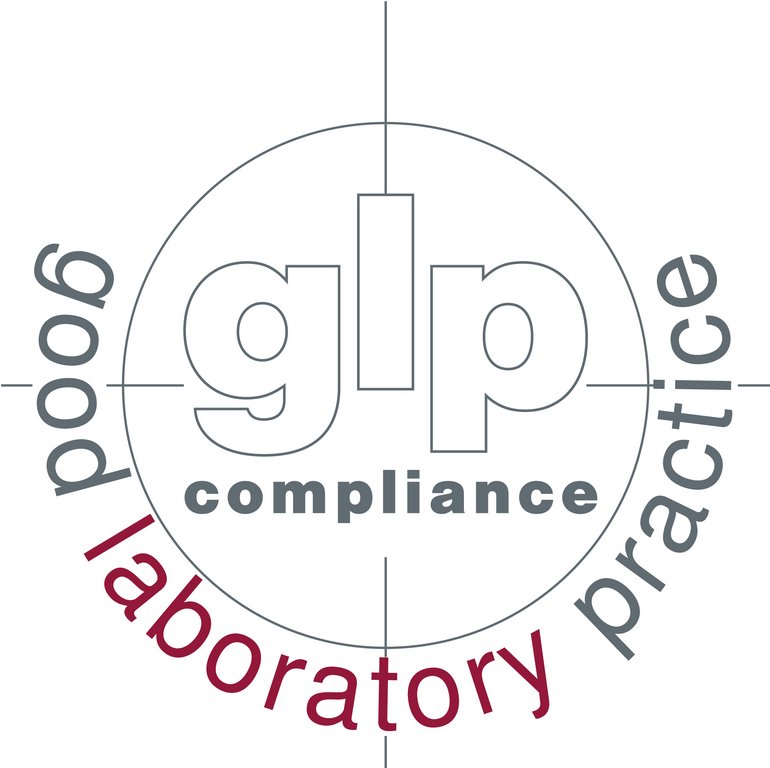Differences between GLP-compliant and non-GLP-compliant testing of medical devices under the MDR
The decision as to whether the test should be GLP-compliant or non-GLP-compliant depends to a large extent on the market in which the products are to be approved.
GLP-compliant testing
Good Laboratory Practice (GLP) is a quality assurance system that governs the organizational processes and conditions under which non-clinical health and environmental studies are planned, conducted, monitored, recorded, archived and reported. Conducting GLP-compliant non-clinical safety studies is particularly recommended when seeking approval of medical devices in the U.S. market (or markets that follow the U.S. FDA). The U.S. Food and Drug Administration (FDA) favors testing that is GLP compliant. GLP-compliant testing offers stringent quality controls and comprehensive documentation, which can facilitate its acceptance by the FDA.
The following benefits are associated with GLP-compliant testing:
- Greater acceptance by the FDA: GLP compliance is a regulatory requirement for non-clinical safety studies submitted to the FDA. Non-compliance can lead to rejection.
- Strict quality controls: Additional quality controls and more extensive trial documentation are part of the GLP concept.
- Flexibility for regulatory strategies: GLP-compliant testing enables subsequent use of study data for FDA approvals as it meets regulatory requirements.
Non GLP-compliant tests
For the European market, especially if CE approval is being sought, non-GLP-compliant tests may be sufficient
Advantages of non-GLP-compliant testing:
- Cost efficiency: Non-GLP-compliant tests are often more cost-effective as they are not subject to the extensive documentation and monitoring requirements of GLP.
- Sufficient for CE approval: For CE marking, tests must comply with the relevant ISO standards. GLP conformity is therefore mandatory.
Conclusion
The decision whether to conduct GLP-compliant or non-GLP-compliant testing depends largely on the target market. For the US market (and other markets that follow the US FDA), GLP-compliant testing is particularly important for non-clinical safety studies and can facilitate FDA approval.
For the European market and CE approval, non-GLP compliant testing is often sufficient. However, in certain cases or specific regulatory requirements, GLP compliance may be required.
GLP-compliant testing allows for broader international recognition and can facilitate future approval strategies.
Here you will find our current GLP certificate:
- GLP certificate409 KB
Newsletter registration





